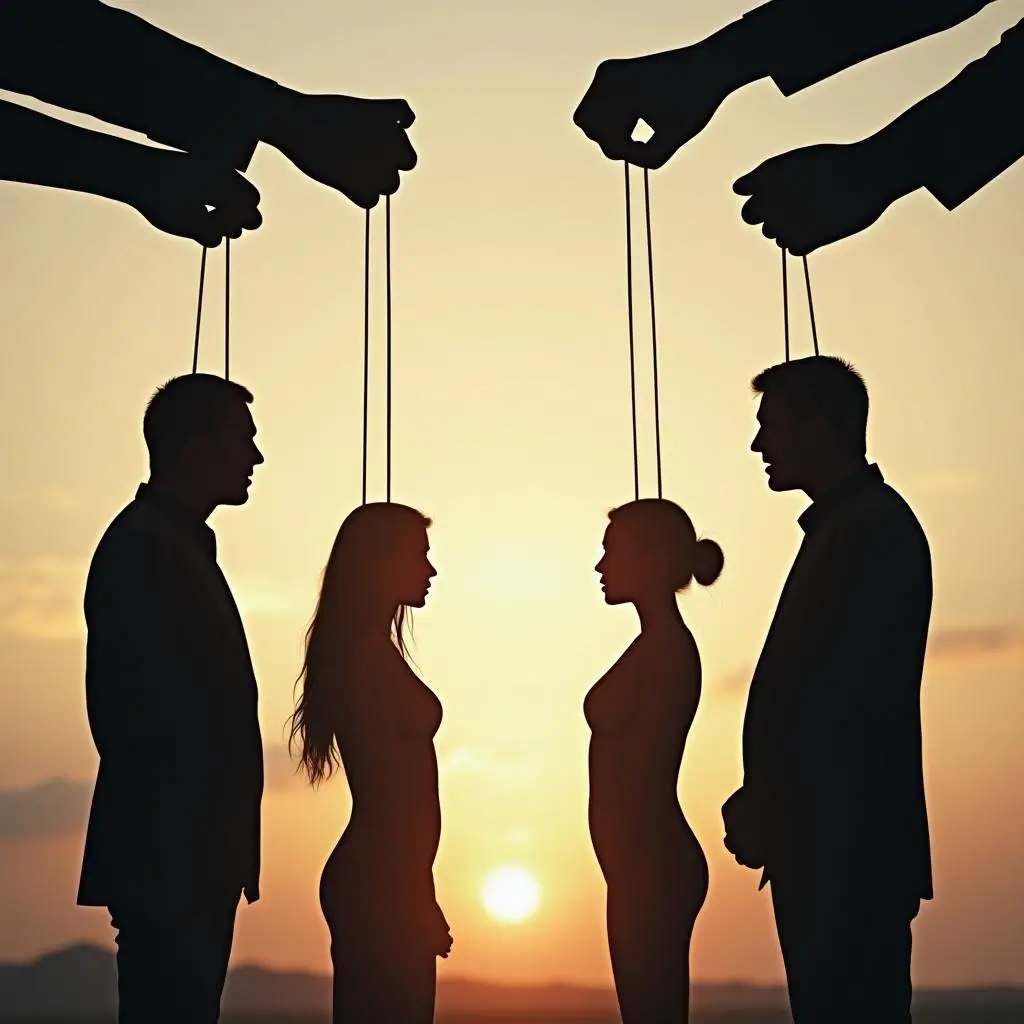Who Truly Benefits from Political Divisions?

Political divisions are often framed as ideological battles between opposing viewpoints, but who really gains from this perpetual conflict? Beneath the surface, these divisions often serve as tools for maintaining power and control. By pitting groups against each other, those in positions of authority distract from systemic issues and reinforce the status quo.
These divisions are fueled by media narratives, political campaigns, and even social platforms that amplify polarized views. Instead of fostering dialogue and understanding, they create echo chambers that deepen mistrust and resentment. The result is a society where collaboration becomes nearly impossible, and progress is stalled.
The true beneficiaries of political divisions are often those who hold economic and political power. By keeping societies fragmented, they can deflect accountability and maintain systems that favor their interests. Issues like wealth inequality, climate change, and access to education become sidelined in favor of divisive debates that capture public attention but yield no solutions.
To overcome these divisions, societies must focus on common ground and shared goals. Promoting education, critical thinking, and inclusive dialogue can empower individuals to see beyond the rhetoric and recognize the underlying structures at play. Unity does not mean uniformity—it means understanding and working together despite differences.
By rejecting the manipulation of political divisions, we can shift toward a society that prioritizes collective well-being over partisan victories. The first step is recognizing the ways in which these divides are manufactured and choosing to rise above them.
By rejecting the manipulation of political divisions, we can shift toward a society that prioritizes collective well-being over partisan victories. The first step is recognizing the ways in which these divides are manufactured and choosing to rise above them.
